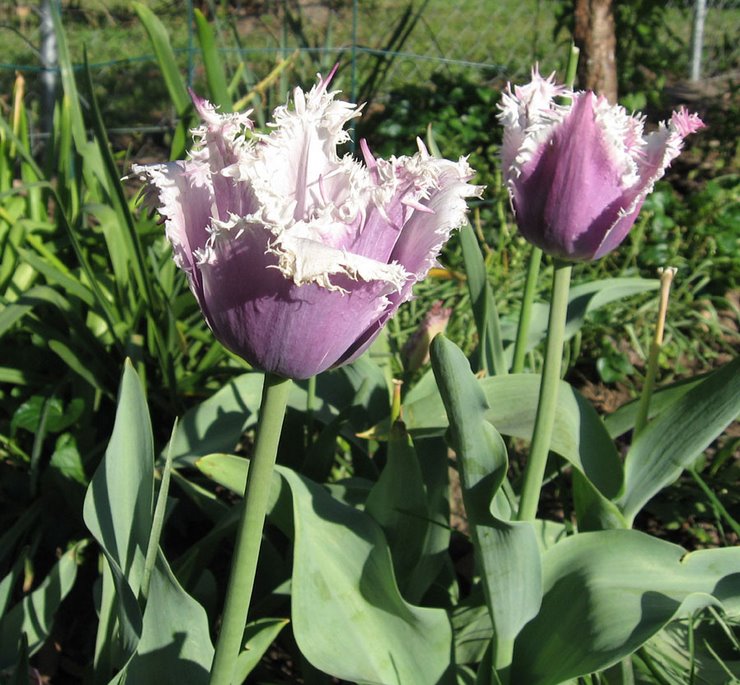One of my compost tumblers has finished its latest batch of compost, so this evening I used it to feed my front lawn. I like to use the compost to help feed the grass, and to gradually improve the soil by adding organic matter. Earthworms are attracted to the compost as food, and will carry bits of it down into their burrows, spreading the compost through the soil.
Showing posts with label earthworms. Show all posts
Showing posts with label earthworms. Show all posts
Monday, August 19, 2013
Tuesday, August 13, 2013
Earthworm Rescue
Friday, August 9, 2013
Wednesday, August 7, 2013
Clover Lawn
 |
| White clover |
Labels:
earthworms,
low water gardening,
water conservation
Monday, July 29, 2013
Soil Drainage
It's been raining again this evening;
just light showers at this point, but the soil is already saturated,
and water is standing in the yard in places. In part, this is simply
because we've had so much rain over the last couple of weeks that
there's a flood watch in the area. But it's also because the soil in
my yard tends to be a heavy clay, that doesn't drain very well. I've observed that lower-lying areas in
my yard, water pools up after heavy rains.
Are you unsure of how your garden soil
rates on drainage? Sometime when it isn't rainy, try this test. Dig
a hole about a foot deep, and about as wide as your shovel. Fill the
hole up completely with water, and leave it to drain out completely.
The next day, go back and fill it up completely again. This time
keep an eye on it to see how long it takes for all of the water to
drain away.
Thursday, April 25, 2013
Corn Gluten
 |
| Grape hyacinths |
Saturday, August 4, 2012
Compost Weekend
This week my current batch of compost looked ready to go, so today I emptied out my tumbling composters, and spread the finished compost in my garden. How do you know the composting process is complete? When you can no longer recognize the original materials, and it just looks like nice dark, loose garden soil.
I put an inch or two thick layer of compost over the surface of selected flower and veggie beds. Next time, I'll choose other beds, until hopefully every garden area will be so blessed over the course of the summer.
I put an inch or two thick layer of compost over the surface of selected flower and veggie beds. Next time, I'll choose other beds, until hopefully every garden area will be so blessed over the course of the summer.
Subscribe to:
Posts (Atom)
Fringed Tulips

